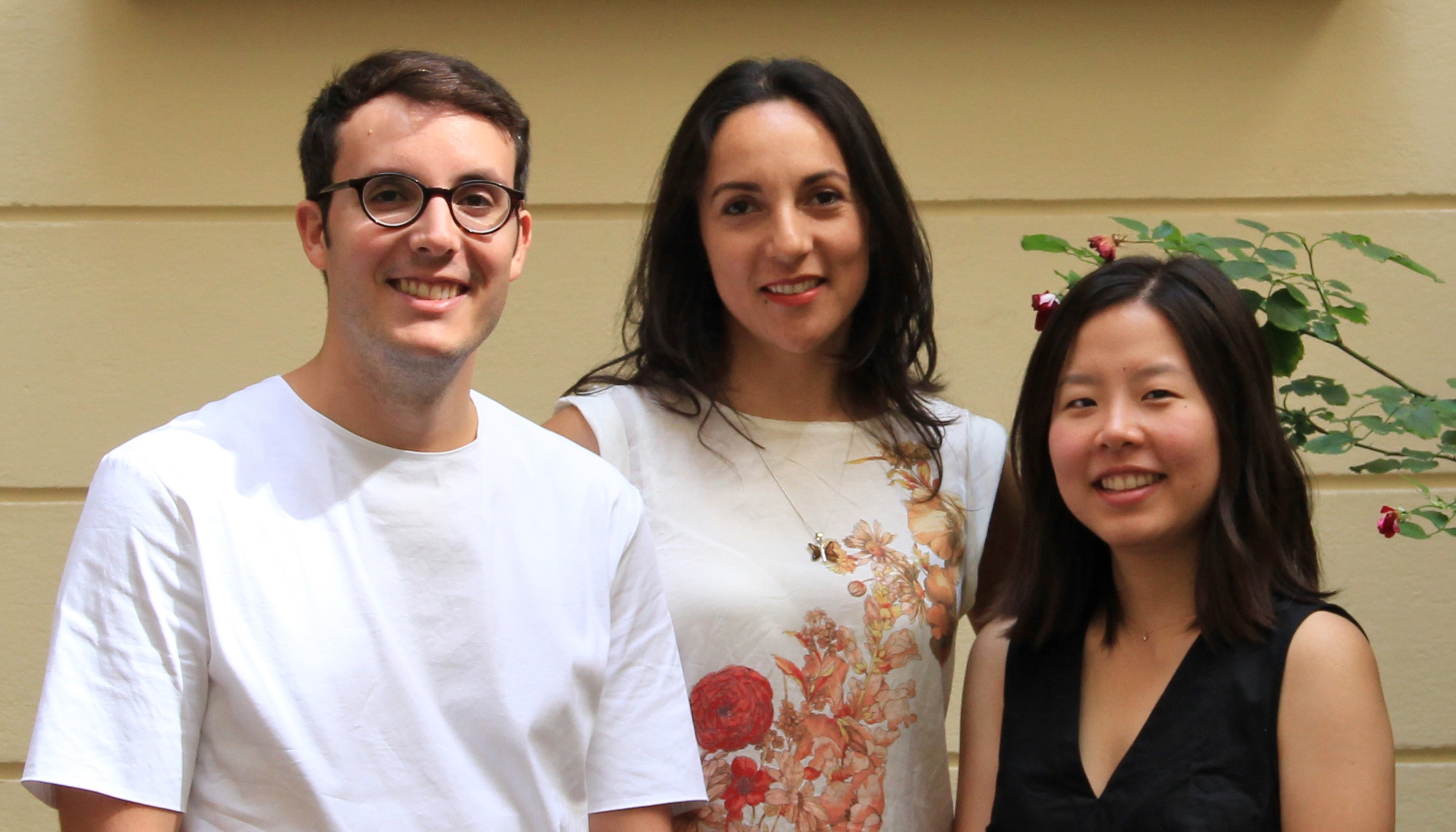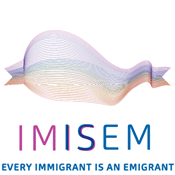The Project
Only recently have a few scholars realised how crucial the “policy nexus” is between “admission”, “settlement” and “access to citizenship” policies. So far, these policies have been studied separately. The first important lacuna this project aims to cover is to look at the intricate links between these policies which roughly correspond to the state regulating the (ideal) stages of migration from mobility to settlement. Of course, not all migrants have the intention to settle and become citizens somewhere else, but we want to look at policies from the perspective of the possibilities they open to migrants to do so, shall migrants want to. We want to see for whom are those paths of entry, settlement and citizenship open, and for whom are truncated and when.
Next, what is still missing from the picture of migration policies in international research is to look at the emigration side of policy. We know much about the different policies that regulate immigration. However, in this project we also want to consider the policies that regulate emigration, the rights of emigrants, and their retention of citizenship. By covering this second lacuna it will be possible for us to consider two sides of migration policy in different countries and ask questions of coherence across those two sides.
A third lacuna is that we know little about these policies beyond the Western “usual suspects”. Yet, by definition, migration issues span across countries and regions, and our grasp of policy models and options remains poor if we do not take into account a wide range of policies that are decisive along the path from emigration to access to citizenship. Moreover, much innovation in emigration policies emanates from developing countries. Thus, a broad, cross-regional scope is crucial to reveal the range of variations among migration policy configurations. Firmly rooted in comparative area studies, this project aims at gaining policy-relevant insights on this important migration policy nexus.
The Team




